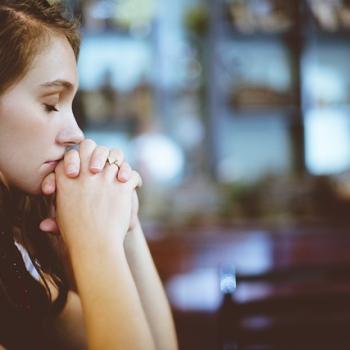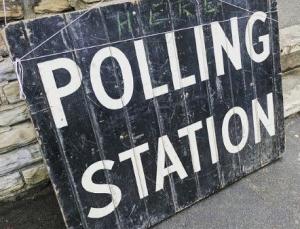 Recently a Michigan judge decided to get tough with citizens who ignore their civic duty to show up for jury service.
Recently a Michigan judge decided to get tough with citizens who ignore their civic duty to show up for jury service.
“When only 48 percent of jurors are appearing when you’re calling in 84,000, that’s a problem,” said Judge Robert J. Colombo, of the 3rd Judicial Circuit Court.
Colombo is hauling many of them into court to give them another chance to say yes and be part of the governmental process.
I could probably paper a room with all of the jury summons I have received over the past decade. I seem to be one of the lucky few who receives jury summons Every. Single. Year. Sometimes, twice a year when both federal court and superior court come calling. (At least in my state, having been summoned for service with one does not excuse a person for service with the other.)
So, Your Honor, perhaps you might see a higher turn-out if you instructed your jury services office to cast a wider net. An informal survey of my Facebook Friends showed that there are people out there who would love a chance to go in for jury service—but they have never received a summons.
And, just for fun, here’s one of my Tales from the Jury Pool:
The one time I was interviewed for inclusion on a jury, I was the only one who raised a hand when everyone was asked, “Can you think of a reason it would be a problem for an adult to get drunk in his own home?” The lawyer looked at me, shocked, when I raised my hand.
“Well, if he was taking care of small children, then yes, it would be a problem for him to be drunk” I responded.
Suddenly hands shot up throughout the jury pool with people offering all kinds of reasons for this situation to be a problem—some of which did not exactly match the hypothetical proposed, such as a doctor performing surgery. Obviously, I had opened a floodgate for fellow citizens hoping to escape jury service by giving reasons, no matter how remote, for why the lawyer’s hypothetical was problematic.
The lawyer withdrew his question and I ended up on the jury as an alternate.
Nota bene: In case you’re wondering, the Catechism of the Catholic Church does not explicitly address jury duty, but it does teach:
It is the duty of citizens to contribute along with the civil authorities to the good of society in a spirit of truth, justice, solidarity, and freedom. The love and service of one’s country follow from the duty of gratitude and belong to the order of charity. Submission to legitimate authorities and service of the common good require citizens to fulfill their roles in the life of the political community (CCC 2239).
(Image credit: Wikimedia Commons)












